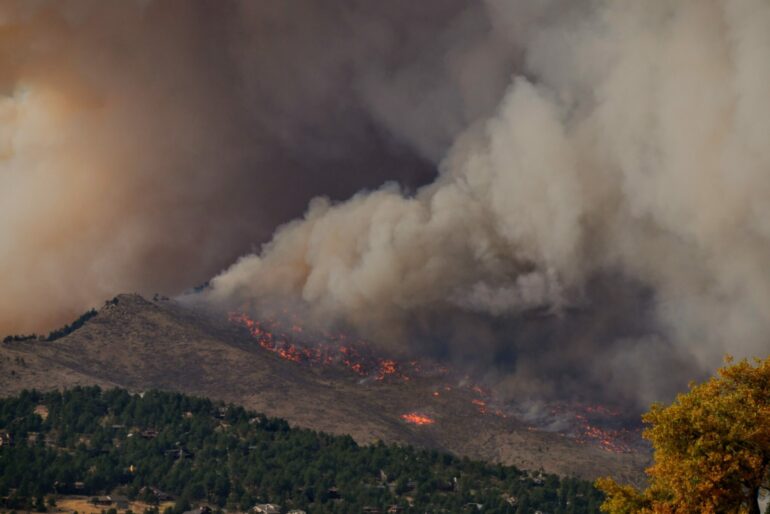It seems like startups offering predictive services around wildfires are springing up as quickly as the fires themselves these days.
One example is SenseNet Inc., a Vancouver-based fire-detection startup. SenseNet merges information from a number of sources such as sensors, cameras, satellites, and topography data to provide insights and early wildfire detection, monitoring, management, and decision-making.
SenseNet merges data from a number of sources to provide insights and early wildfire detection.
As the first successful startup graduate of TiE Vancouver’s Incubation Lab, SenseNet announced that it has raised $1.3 million CAD ($1 million USD) from TiE’s angel network of investors.
SenseNet joins two other fire-detection platforms that have launched in the past few months.
Based in Toronto and Brazil, SensaioTech claims it can predict where and when a wildfire will occur and flag at-risk areas up to five days in advance.
Another startup, OroraTech, is partnering with satellite company Spire Global and the Canadian Space Agency (CSA) to begin preparatory work for a wildlife-monitoring satellite.
SenseNet did not respond to BetaKit’s request for an interview or disclose when the funding round closed. Nor did the startup say how it would make use of the funds it had raised.
Generally, early wildfire detection is expected to be in demand as our warming climate worsens drought and strong winds across the country, fuelling more dangerous wildfires.
Canada’s peak fire season usually spans 13 weeks starting in late May. Combatting wildfires requires an annual expenditure of approximately $1 billion, according to the federal government, with additional indirect expenses that are significantly higher.
SenseNet has been testing its technology near Vernon, BC. Noori told CTV News that the startup uses machine learning and artificial intelligence to differentiate between a campfire and a wildfire, with some 20 sensors covering roughly 1,500 hectares.
RELATED: Startups SensaioTech, OroraTech look to mitigate wildfires with early detection
It’s that kind of technology that TiE Incubation Lab is counting on.
Based in Vancouver, TiE Incubation Lab is focused on supporting Canadian pre-seed founders and startups. The lab supports TiE Vancouver’s mission of fostering Canadian entrepreneurs by providing high-potential Canadian startups with mentorship, advice, and hands-on support required to increase their funding potential in the US and globally.
The programming is offered in partnership with TiE Global Angels and TiE’s extended worldwide investor network.
“TiE was very helpful in providing strategic advice on go-to-market, product-market fit and effective communication with investors,” SenseNet founder and CEO, Dr. Hamed Noori, said in a statement.
Noori, who is a UBC PhD electrical and civil engineering grad, said, “Their experts have a lot of experience in funding, fundraising, and building companies, and were able to act as a sounding board.”
Maninder Dhaliwal, founder and chair of TiE Vancouver and Managing Partner and co-founder of Startup Studio, launched the TiE Incubation lab earlier this year. The first round of TiE Incubation Lab yielded over 1,000 applicants. Applications for the second cohort are open until July 31.


